
The Darrell McClain show
Independent media that won't reinforce tribalism. We have one Planet; nobody's leaving, so let’s reason together!! Darrell McClain is a Military veteran with an abnormal interest in politics, economics, religion, philosophy, science, and literature. He's the author of Faith and the Ballot: A Christian's Guide to Voting, Unity, and Witness in Divided Times. Darrell is a certified Counselor. He focuses primarily on relationships, grief, addiction, and PTSD. He was born and raised in Jacksonville, FL, and went to Edward H white High School, where he wrestled under Coach Jermy Smith and The Late Brian Gilbert. He was a team wrestling captain, District champion, and an NHSCA All-American in freestyle Wrestling. He received a wrestling scholarship from Waldorf University in Forest City, Iowa. After a short period, he decided he no longer wanted to cut weight, effectively ending his college wrestling journey. Darrell McClain is an Ordained Pastor under the Universal Life Church and remains in good standing, as well as a Minister with American Marriage Ministries. He's a Believer in The Doctrines of Grace, Also Known as Calvinism. He joined the United States Navy in 2008 and was A Master at Arms (military police officer). He was awarded several medals while on active duty, including an Expeditionary Combat Medal, a Global War on Terror Medal, a National Defense Medal, a Korean Defense Medal, and multiple Navy Achievement Medals. While in the Navy, he also served as the assistant wrestling coach at Robert E. Lee High School. He's a Black Belt in Brazilian Jiu-Jitsu under 6th-degree black belt Gustavo Machado. Darrell Trains At Gustavo Machado Norfolk under the 4th-degree black belt and Former Marine Professor Mark Sausser. He studied psychology at American Military University and criminal justice at ECPI University.
The Darrell McClain show
Reflections on Hurricane Helen and Election Drama
How do we measure human resilience against the unstoppable force of nature? Hurricane Helen recently put this question to the test as it tore through communities from Florida to Kentucky. This episode captures the terrifying speed at which the storm escalated into a Category 4 hurricane, leaving behind a trail of destruction. We recount the catastrophic wind and tidal surges that hit Florida the hardest, as well as the unprecedented flooding and landslides in western North Carolina and southwest Virginia. The isolation of entire communities paints a vivid picture of the challenges faced in forecasting such powerful natural disasters.
As we reflect on the limits of human control, we marvel at our technological advancements—from splitting the atom to harnessing hydroelectric power. Yet, Hurricane Helen serves as a humbling reminder that nature's fury remains largely unpredictable. Through a biblical lens, we contemplate our smallness in the face of nature's immense forces and underscore the importance of prayer and community support for those affected. With another storm brewing in the Gulf, we also touch on the uncertainty that lies ahead and the ever-changing political landscape that adds another layer of complexity to our current times.
Switching gears, we dive into the current political climate, scrutinizing the rhetoric and controversy surrounding major figures like Joe Biden, Kamala Harris, and Donald Trump. Media bias, alleged election fraud, and the impact of political actions are thoroughly analyzed, providing context to the heated debates dominating the news cycle. We explore Kamala Harris's campaign and its effect on energizing the Democratic base, while also examining Trump's unyielding campaign resilience despite numerous setbacks. This episode offers a sharp look at what promises to be another intense presidential race, giving you insights into the unpredictable dynamics shaping our nation.
Darrell McLean show independent media that will not reinforce tribalism. We have one planet. Nobody is leaving, so let us reason together. It is Monday, september 30th of 2024. You're listening to episode 426. We have to talk about the humbling and deadly effect of the hurricane. Entire communities have been devastated, even in the mountains of western northern Carolina and in southwest Virginia.
Speaker 1:In the scale of created cosmos, we are very small. It certainly feels that way when you stand at a place like the Grand Canyon and you recognize just how immense it is, how small a mere human being actually is. When it comes to storms, a hurricane may be the most powerful phenom that makes us all feel so small. And it makes us feel so small in very different ways. First, it makes us feel small because it's given the immensity of a storm that ranks as a hurricane or a tropical cyclone. We're talking about 70 miles an hour of sustained winds. We're talking about a storm, of a form of a depression, but then turns rapidly into some cases to be a very powerful hurricane, and that's what happened in this event. It emerges a weather depression in the Gulf and within a matter of just a few days it was a category four hurricane, and within a few days. In some of the most crucial periods of the storm it was just a matter of hours. But a hurricane also makes us feel small when we look at the devastation that it leaves behind. It's honestly still hard for me, growing up as a young man in Jacksonville, florida, and witnessing some of the very historic storms myself. My parents even lost their home to one of the storms. It is still an amazement to me that any force of nature of that concentration can bring that kind of power over such a large area.
Speaker 1:But there's another area when it comes to these deadly storms, another issue when it turns out to the way, we look very small, and that is even given so much of the modern technology, the forecasting ability we have, computer modeling. No doubt many of those things have saved lives. But the reality is we just don't know exactly enough about any of these storms and what they are going to do. But we're reminded of that in a terrifying way. When this particular Hurricane, helen, went into that area of Florida where, quite frankly, the area had been spared of hurricanes of a deadly force for a very long time, some people there thought it was unlikely to happen. But now it has happened and it has happened repeatedly in a short number of years. You've seen the devastation Some of the beach homes simply wiped off the map, such that nothing remains except a concrete pad.
Speaker 1:When it comes to the storms that we uh call hurricanes and they're such major events for a matter of many years now we name them as if they have a personality. The reality is that these storms are absolutely massive that they could, with two forms of immediate danger, and it's interesting that the argument that is being called as a which is more deadly is it. In the end, it matters where you're standing and what part of the storm you're experiencing. When it comes to this particular hurricane, the first major issue was the wind that came with the tidal surge. That tidal surge was so large 220 feet in some areas and, for the matter of the fact, a matter of 7 to 10 feet throughout much of coastal Florida and the Gulf Coast it came with absolutely devastating effect. The winds, combined with the tidal surge of that immensity, meant that it basically swept to just about everything in the immediate path right away. But there's a second big demission, and that is the rain. The long debate over years has been what is more dangerous, the wind or the rain? The answer is both, but sometimes it depends upon the storm and where you are in the storm.
Speaker 1:And that's where the odd turn has taken place with this hurricane, as it resulted in the incredibly deadly effect, for example, in Western Carolina, western North Carolina and even in Southwest Virginia where, quite honestly, it has been a very long time since anything like this has taken place. And so you look at the storm. The immediate concern is there on the Gulf Coast where the storm is likely to hit. When the storm hit, it landed just about where all the forecasters said it would go, and it was about just about the amount of power and the threat that that hay had forecasted. But then it went on its way very fast and it brought a record hurricane winds to places like Valdosta Georgia, macon, georgia. It caused flooding in much of Atlanta and then went further north to North Carolina and to Southwest Virginia. It eventually would dissipate over the area in Kentucky, but the massive rains that lasted for so long, rains that lasted for so long, bands of successive rainstorms that simply inundated western North Carolina. What you had there was an unprecedented flood of rain falling on an area of absolutely beautiful landscape, but that means mountains and creeks and flowing rivers. It means an entire community is now inundated and many of them absolutely isolated. The isolation that has been caused by the flooding, that has been caused by landslides. It has simply devastated highways and many county roads. It has cut off communities. I actually saw a story with a pastor on yesterday who had to have his family and his congregation airlifted out of western North Carolina, and so that landscape that was stunningly beautiful became in just a matter of hours stunningly deadly.
Speaker 1:The modern world has come with many promises and many of those promises have been unfulfilled, or maybe, to put it more accurately, they have been partially fulfilled. For one thing, much of the modern age in this stretch and I'm going to go all the way back to the early 19th century Much of the modern age came with the promise of human conquest over the very thing we call nature, and it has been a partial conquest. We split the atom, we've been able to turn coal into energy, we've been able to create electricity. Human beings have done some marvelous things, even controlling much of nature, damming up massive rivers to create reservoirs and hydroelectric power. You just go down the list. But the problem is when it comes right down to it, nature is still really big and human beings are still really small. Now, furthermore, the biblical worldview reminds us that nature is not morally neutral, that the created order itself is showing the effects of sin. And so we are not in Eden with a hurricane. We are in a world after the fall east of Eden and we are facing these storms. We do appear, as we are very, very small in the conquest of nature.
Speaker 1:Human beings said well, we'll control much of it. What we can't control, we will be able to predict. And here's where you have to say again the victory has been partial. We know far more about these storms. We see them coming, we have satellite imagery, we see all kinds of computer modeling systems and, once again, for the most part, those modeling systems do an incredible well drop in predicting what would happen, including in this hurricane. But there's a very clear limit to that knowledge and that's a very clear limit to that control. There's a very clear limit to our ability to predict.
Speaker 1:No one was able to say look, these bands of storms are going to be, just sit over western North Carolina and they're going to turn rivers and creeks into absolute torrents of water that will tear apart roads that will tear through communities, inundate entire neighborhoods, cut off cities and require human beings to be airlifted just to be able to take them to a safe location. And these storms have not been tamed. They're still deadly. We're talking about a death toll from this hurricane approaching 100 people. We're talking about 30 of those deaths, at least 30 of those deaths, in one county alone, in Western North Carolina. Just think about it. When you saw this storm coming and approaching the Florida coastline, there was an anticipation that there would be some deaths there in Florida, perhaps in Georgia, but Western North Carolina, southwest Virginia, no.
Speaker 1:This just demonstrates to us once again that we are able to predict a very great deal, but nature is beyond our absolute prediction. Nature humbles us, it shows us how small we are and, with the Christian worldview in mind, we have to understand that nature will continue to humble us. Even as there are those who think we will find a way to conquest over nature, it can virtually with assurance be predicted. Nature will not be subjected to a final conquest by human power, by human ingenuity, by human engineering or by human politics. We need to be in prayer for those who are suffering in the aftermath of this storm and in particular, that means western North Carolina, southwest Virginia and the direct path of the storm going through much of Georgia and, of course, all the way to the Florida coastlines, and this needs to be said.
Speaker 1:Even as I am speaking right now, there's another storm system that is developing in almost the same place there in the Gulf, and could well be headed along the very same path of development. Then again, it is interesting that the weather forecasters and the National Hurricane Center are saying it's about a 50-50 proposition at this point. Well, that's one of those situations in which the greatest and most disciplined human wisdom is at a loss. What exactly do you do with 50-50? Frankly, that means it is only in God's hands. I am so happy to be campaigning in whatever swing state I'm in, which I will just refer to as Wisconsin-Pesov-Georgia, because I am going to protect your Georgia.
Speaker 1:This election is about moving forward.
Speaker 2:You see, Donald Trump is stuck in the past.
Speaker 1:But it's like I say to my husband Doug, when he leaves his phone at the Chili's we are not going back. You know Trump and fans are weird.
Speaker 2:All right, they want the government to control what you do in your bedroom and what books you read. You know, in Minnesota we have a saying mind your damn business. We also have another saying in Minnesota my nuts froze to the park bench. They say that me blaming the Democrats for inciting violence is the pot calling the kettle black. But frankly, I didn't know the kettle was black until very recently. I thought the kettle was Indian, but then he decided to turn black. I miss Joe Biden. Oh Joe, we miss Joe Biden. Folks, we wouldn't give to have him stand next to me and be old. We had this in the back. But then they did a switcheroo and they swapped out Biden with Garabala.
Speaker 1:How much do we love Donald Trump? Just this afternoon you told me JD, you're like a son to me, because I don't like you and I'm stuck with you. I'm sure you've all heard what the liberal media has been saying about me.
Speaker 2:I'm a creep, I'm a weirdo. What the hell am I doing here? I'll tell you what I'm doing here Getting this crowd hyped. Don't forget, I'm president, including me. Folks, we still got work to do, no joke. I'm being including me, but, folks, we still got work to do. No joke, I'm being serious right now. Come on and guess what. By the way, the fact of the matter is the rich don't pay their fair share. They gotta pay their fair share. We gotta build back better, build back the better. The better, build back the better. Can't believe it's not butter. Thank you to Biden. I just want to say thank you to Biden. Thank you for putting country first and for handing over the reins. I didn't want to.
Speaker 1:That was just a little bit of humor from Saturday Night Live, with an extended open kicking off their 50th anniversary. It was fairly funny. You can check it out if you want to. I've got a decent YouTube channel where you can watch the cold openings. Now let's dip into the serious. Kamala is mentally impaired If a Republican did what she did.
Speaker 2:If a Republican did what she did, that Republican would be impeached and removed from office, and rightfully so, for high crimes and misdemeanors. Joe Biden became mentally impaired. Carla was born that way. She was born that way and, if you think about it, only a mentally disabled person could have allowed this to happen to our country. Anybody would know this. There's something wrong with Kamala and I just don't know what it is. But there is definitely something missing, and you know what. Everybody knows it she's a stupid person, Stupid person. I don't care.
Speaker 2:If they didn't cheat, I wouldn't be here today. You know why. I wouldn't have to campaign. I'm here only because they cheat, and they cheat in this state, especially in Philadelphia, and I mentioned a couple of other areas, but for the most part. But Philadelphia is out of control, detroit is out of control, atlanta is out of control, places are out of control. Out of control Because if there was no cheating, if God came down from a high and said I am going to be your vote tabulator for this election, I would leave this podium right now because I wouldn't have to speak. We wouldn't have any problem. We have to have a landslide because they cheat so damn much. When and when we win.
Speaker 2:We're going to prosecute people that cheat on this election and if we can, we'll go back to the last one too, if we're allowed. But we're going to prosecute people, so at least they know that's going to happen. You know, these are smart, smart people. They're not so stupid, but they have to be taught. Now, if you had one really violent day like a guy like mike kelly put him in charge, congressman kelly, put him in charge for one day. Mike, would you say he's right here, he's a great congressman. Would you say, mike, that if you were in charge, you would say oh, please, don't touch them. Don't touch them. Let them rob your store, let all these stores go out of business. Right, they don't pay rent, that the city does that, but the whole, it's a chain of events. It's so bad. One rough hour and I mean real rough the word will get out and it will end immediately, immediately, end immediately. You know It'll end immediately.
Speaker 2:The school cannot speak English. In Ohio, springfield, they can't speak English. They're taking over the schools. There's nobody that can speak English and the mayor's looking for interpreters. Isn't that wonderful? How can this happen? There's a hat that's made. That sounds like crazy. Oh, there's a fly. Oh, I wonder where the fly came from. Two years ago I wouldn't have had a fly up here. You're changing rapidly, but we can't take it any longer.
Speaker 1:You're changing rapidly, but we can't take it any longer. So, with everything you heard, I need to address this fact. Okay, kamala Harris, even though she seems to be doing everything right as far as the campaign is going, she still might lose this election. In the last few months, the Harris campaign has been running a very strong, well-executed campaign, one that has significantly improved the Democratic Party's chances compared to when President Joe Biden was on the top of the ticket. Despite this, the road to victory in 2024 continues, remains precariously narrow, and Donald Trump's unexpected resilience could once again make this a nail-biting contest. I was in discussion with a friend last week about how, despite running what may be considered a very chaotic and mistaken campaign, donald Trump still has a 50-50 chance of winning the presidency. That analysis revealed that Trump, despite a series of missteps and poor decisions, including what a lot of people say is the running mate, jd Vance, and a lackluster debate, purports the polling better electorally than it was in 2020. It showed that, no matter how bad Trump's campaign seemed, trump has a very real path back to the White House. I looked at a reverse scenario where Kamala Harris had been performing exceptionally well. She had surged in the polls, reignited enthusiasm in the Democratic base and largely erased the negativity surrounding Biden's pregnancy. Yet even with all of this positive momentum, there remains a significant chance that Trump could win and she could lose. Harris became the Democratic nominee, of course, after Biden stepped aside. She quickly, you know, got all the support. She coalesced all the support of the key party figures and endorsements, locking up delegates that needed for her to get the nomination. This was her first major victory and the beginning of what seemed to be like a resurgence for the Democrats.
Speaker 1:After securing the nomination, harris had the difficult task of proving to the public that she was a better candidate than Biden, particularly in the polls against Trump. She worked diligently to improve her low approval ratings and a paid-off poll soon reflected this. Swapping from Biden to Harris was indeed a smart move for the Democratic Party. She capitalized on this momentum by hosting large, energetic rallies, showcasing her enhanced public speaking skills. During one of these events, harris took a notable shot at Trump when he considered backing out of the debate with her saying say it to my face. The moment resonated. It resonated with voters presenting her as confident, tough, thorough and a great opponent. Critics on the right were quick to question Harris's decision to avoid media interviews early in her campaign, accusing her of dodging tough questions. But this cautious approach actually worked to her advantage. By holding off interviews, harris minimized the chances of potential media gaffes and her polling numbers continued to climb without talking to the media. It was a calculated strategy to keep the focus on her growing strengths rather than exposing her unnecessary risk.
Speaker 1:Harris's next major challenge was finding a decent running mate, a right running mate, and she was doing that. In selecting the Minnesota Governor, tim Walz, she once again made the right calls. Walz brought a relatable Midwestern appeal to the ticket, and his down-to-earth style helped counter the eccentricity of the Trump's team. Walz's branding of Trump, vance and other Republicans as just plain weird resonated with many voters, particularly those in battleground states. Now the Democratic National Committee was another success for Harris. Her speech was well received and her campaign continued to rank in contributions. Since the start of her campaign, harris raised hundreds of millions of dollars, ensuring that she has the financial muscle to support not her own race but also down-ballot Democrats as well.
Speaker 1:Now the cherry on top of Harris's strong campaign was her debate performance against Donald Trump. By all accounts, people are saying it was a masterclass Harris appealed, calm, presidential and knowledgeable, while Trump veered off on tangents and struggled to maintain composure. Polls showed that she won the debate decisively, and it resulted in another boost for her campaign. Trump, on the other hand, was rattled, and the Republican Party found itself scrambling to regain control of the narrative. As we stand now, with just over a month to go before the election, harris is leading Trump in national polls. Some surveys have her leading nationally by 5, 6, even 7 percent. Compared to Biden's polling earlier this year, harris' campaign seems to be in a much stronger position. And yet, I will say this again despite all of this, harris could still lose.
Speaker 1:The race for the White House isn't won on a national stage. It is decided by the Electoral College, and, as we examine the state by state breakdown, the path to victory remains treacherously close. For Trump, the key to winning the presidency lies in flipping Arizona and Georgia, both which traditionally already lean Republican. If he can hold on to North Carolina, which is also in play, he would then need to win just one Rust Belt state. So Wisconsin, michigan or Pennsylvania. If he wins any of those Rust Belt states, he is going to secure an electoral victory.
Speaker 1:It's true that Harris has opened up new paths to victory that Biden did not have. Biden was not competitive in states like North Carolina, arizona or Nevada in 2024. But under Harris, these states have become toss-ups, so this gives Democrats multiple ways to win the presidency, which is undoubtedly a better position than Biden's narrow path in 2020. However, the Rust Belt remains a major concern. While Harris has significantly outperformed Biden in these states, polls averages still show an alarming tight race. Real clear politics average that have Harris leading by just 0.7 points in Wisconsin, 1.8 points in Michigan and 0.8 points in Pennsylvania. With the margins this thin, it's not hard to imagine Trump winning one of these states and snatching the presidency of the United States once again.
Speaker 1:Further complicating matters are the efforts by Republicans to suppress votes in potentially reverse outcomes in battleground states. In North Carolina, for instance, there's a new voter ID law and it's stricter absentee ballot deadlines could result in thousands of votes actually being thrown out. Georgia, for example, has implemented rules that give election officials more discretion to refuse to certify results. Trump's 2020 playbook may have failed, but it has provided a valuable lesson for 2024. If this election is contested in the courts now, the conservative-leaning Supreme Court could once again play a decisive role, like it did in Bush v Gore when I was in high school. This message is clear, is clear Kamala Harris, even though she seems to be running a near-flawless campaign, but victory is far from guaranteed for the Democratic Party. Polls are just snapshots and within five weeks to go, anything can happen. For those who want to prevent a second Trump's presidency, they better act now, they better register to vote and they better ensure their voice is heard.
Speaker 1:This is obviously I don't normally do predictions on the show right, but I'm going to say that this is something that I find extremely interesting. I'll end this specific show with this right I always believed it was always my political thought process, imagination, ideology, whatever you want to call it that if there was ever a first woman or a woman president of the United States, the model that I believe would have to happen is that that woman would have to first be a conservative or a neoconservative In the Nikki Haley type of Republican type of Republican. I believe that it would have to be a very conservative woman, then maybe a moderate woman and then maybe a Democrat. When I'm looking at these numbers, what I'm paying very close attention to is Barack Obama had the black and Hispanic community at about 93%. Joe Biden was able to get about 87 to 83, 83 to 87%. Kamala Harris is getting 73 to 75 percent, and that is something that we have to pay attention to and there's a lot of questions that I think have not been asked.
Speaker 1:Is that happening because even amongst minorities, amongst minorities? So your normal, typical Democratic voter? Is it because they do not? Either A, like Kamala Harris at the top of the ticket, or B are still very uncomfortable with the notion of a liberal woman being the president of the United States. Donald Trump is doing well in the Hispanic population that would normally vote for Democrats, and Donald Trump is doing well with young black men. So, even though it seems like Kamala Harris has opened up all these paths to where she can get elected, if I was a betting man, I would still say we cannot count Donald Trump out of this bet just yet, just yet.
Speaker 1:Thank you for tuning into the Darrell McLean show. Of course, if you want to support the show, you can do so by going to wwwpatreoncom, slash the Darrell McLean show and gettinga membership for as little as $3 a month. If you have a question, comment or a text, you can message the Darrell McLean Show at 757-310-7303. Also, make sure you do very well to check out the Lunsby Show with T-Bone and Chick Brew and Over Opinionated with Josh Scott. Thank you for tuning in and I will see you on the next episode.
Podcasts we love
Check out these other fine podcasts recommended by us, not an algorithm.

The LUNSB Show with T-Bone and ChickBrew
Tony Knuckles
Over opinionated with Josh Scott
Josh scott
The Jamie Kilstein Podcast
Jamie Kilstein
The Back Row with Jamie Kilstein
Jamie Kilstein
Your Calvinist Podcast with Keith Foskey
Keith Foskey
BJJ Mental Models
Steve Kwan
Renewing Your Mind
Ligonier Ministries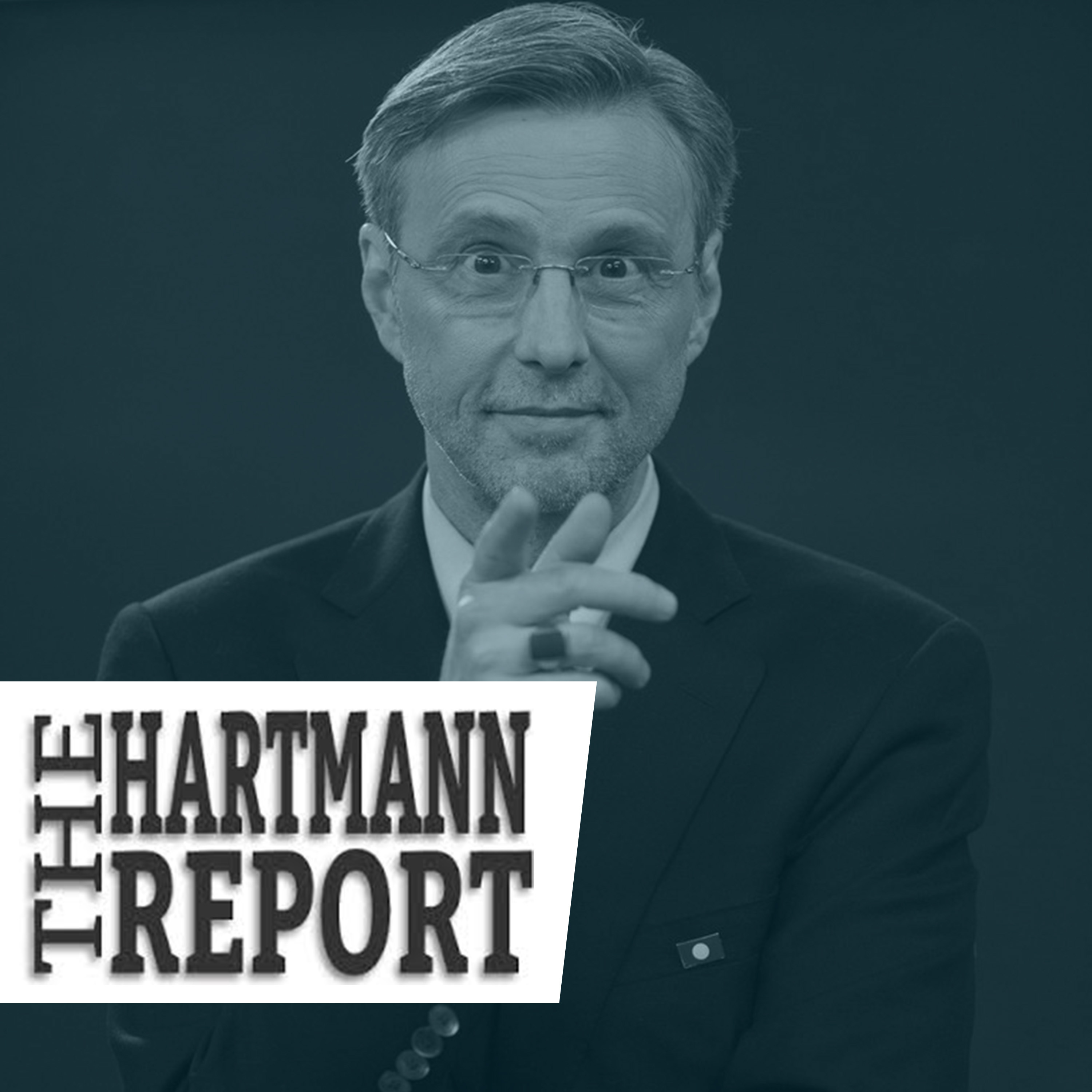
The Hartmann Report
Thom Hartmann
The Glenn Show
Glenn Loury
#RolandMartinUnfiltered
Roland S. Martin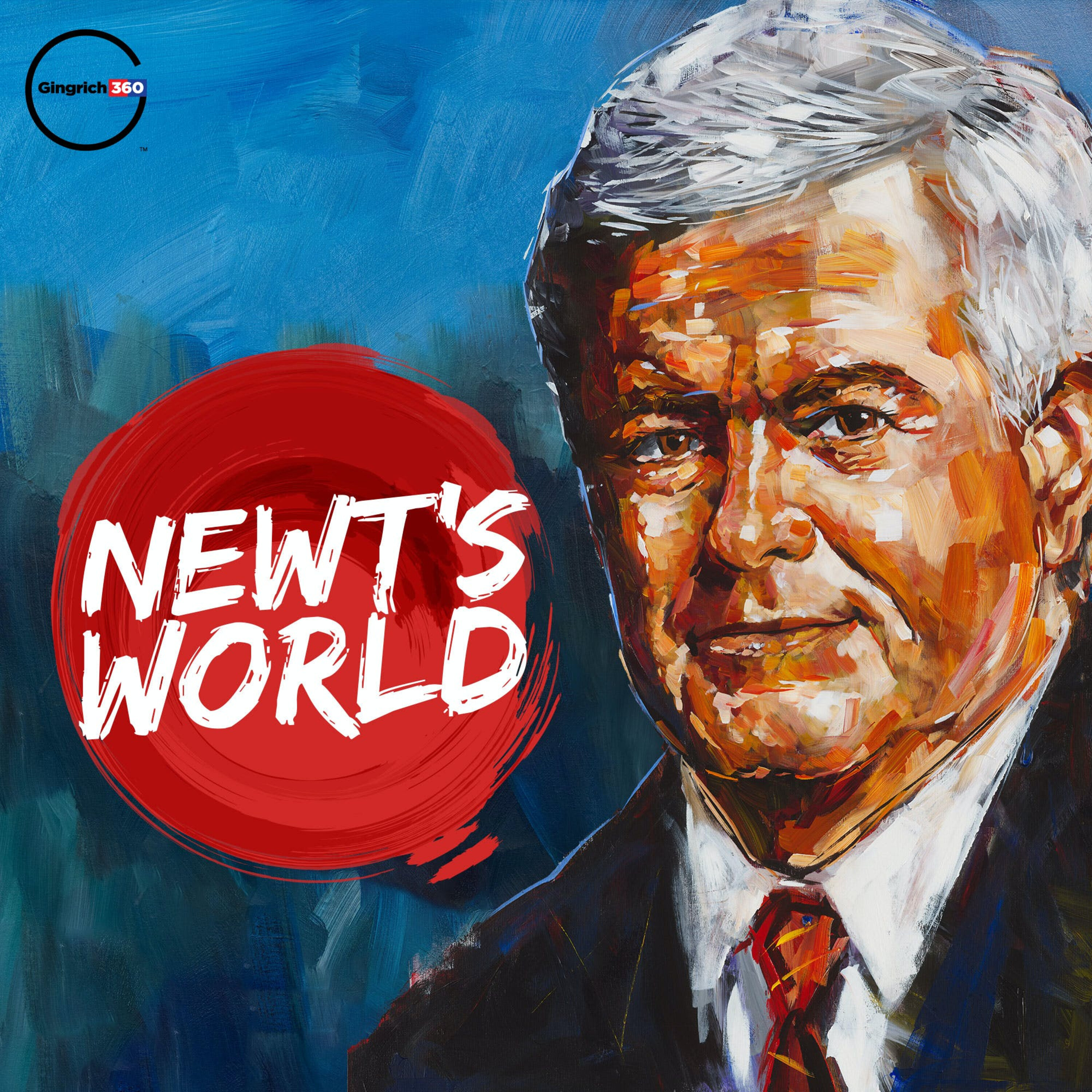
Newt's World
Gingrich 360
Pod Save America
Crooked Media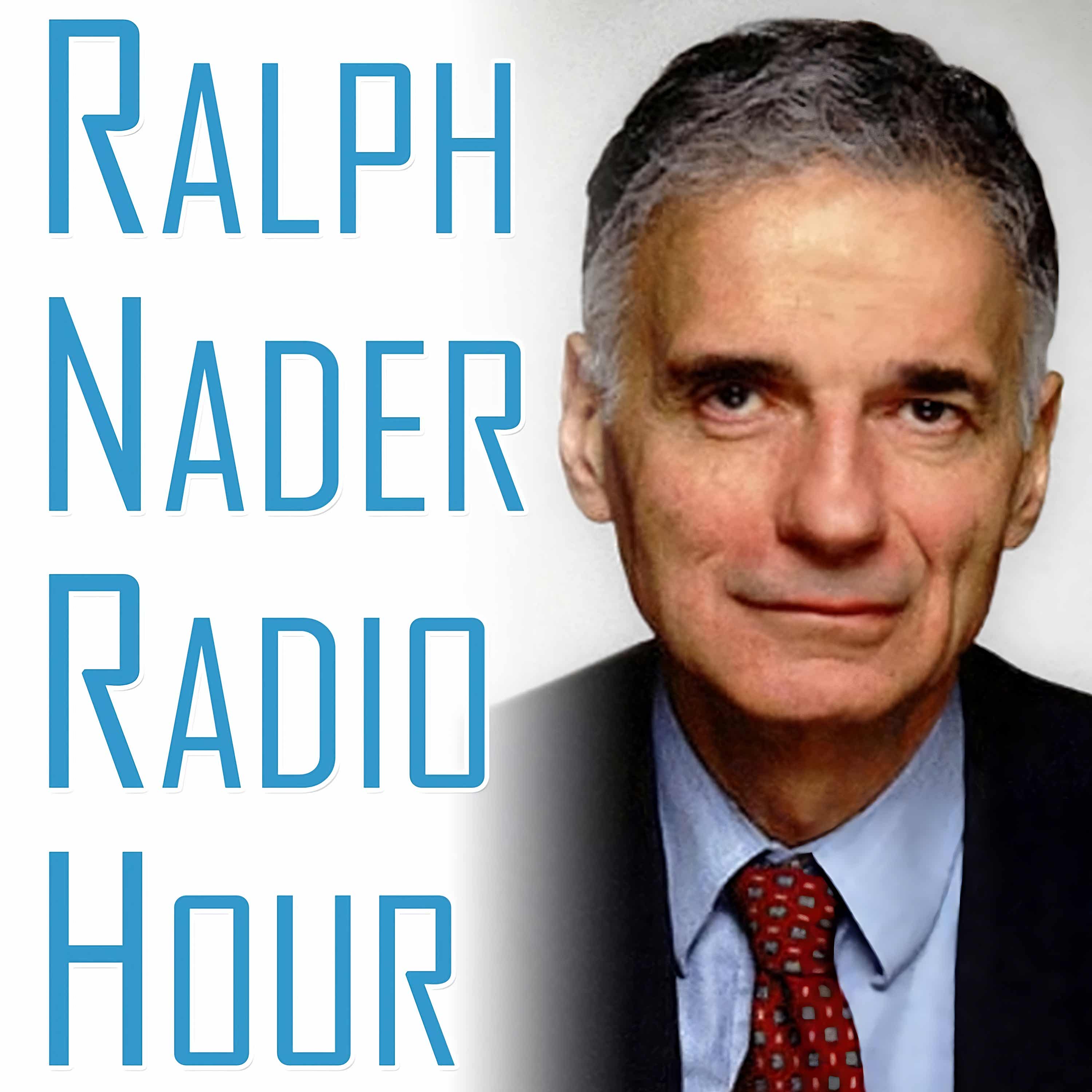
Ralph Nader Radio Hour
Ralph Nader
Bannon`s War Room
WarRoom.org
Bannon’s War Room
dan fleuette
The Young Turks
TYT Network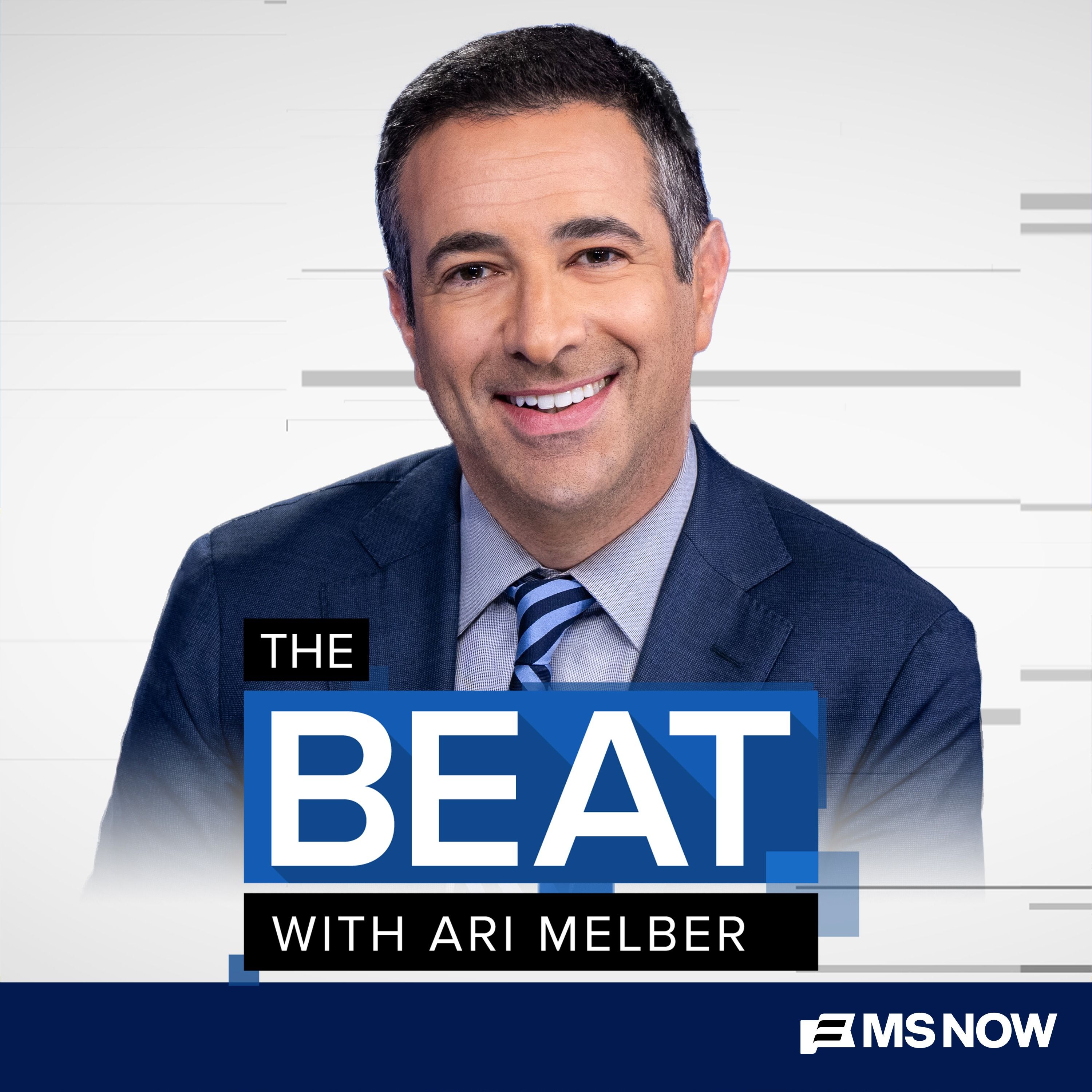
The Beat with Ari Melber
Ari Melber, MS NOW
The Damage Report with John Iadarola
TYT Network
The Majority Report with Sam Seder
Sam Seder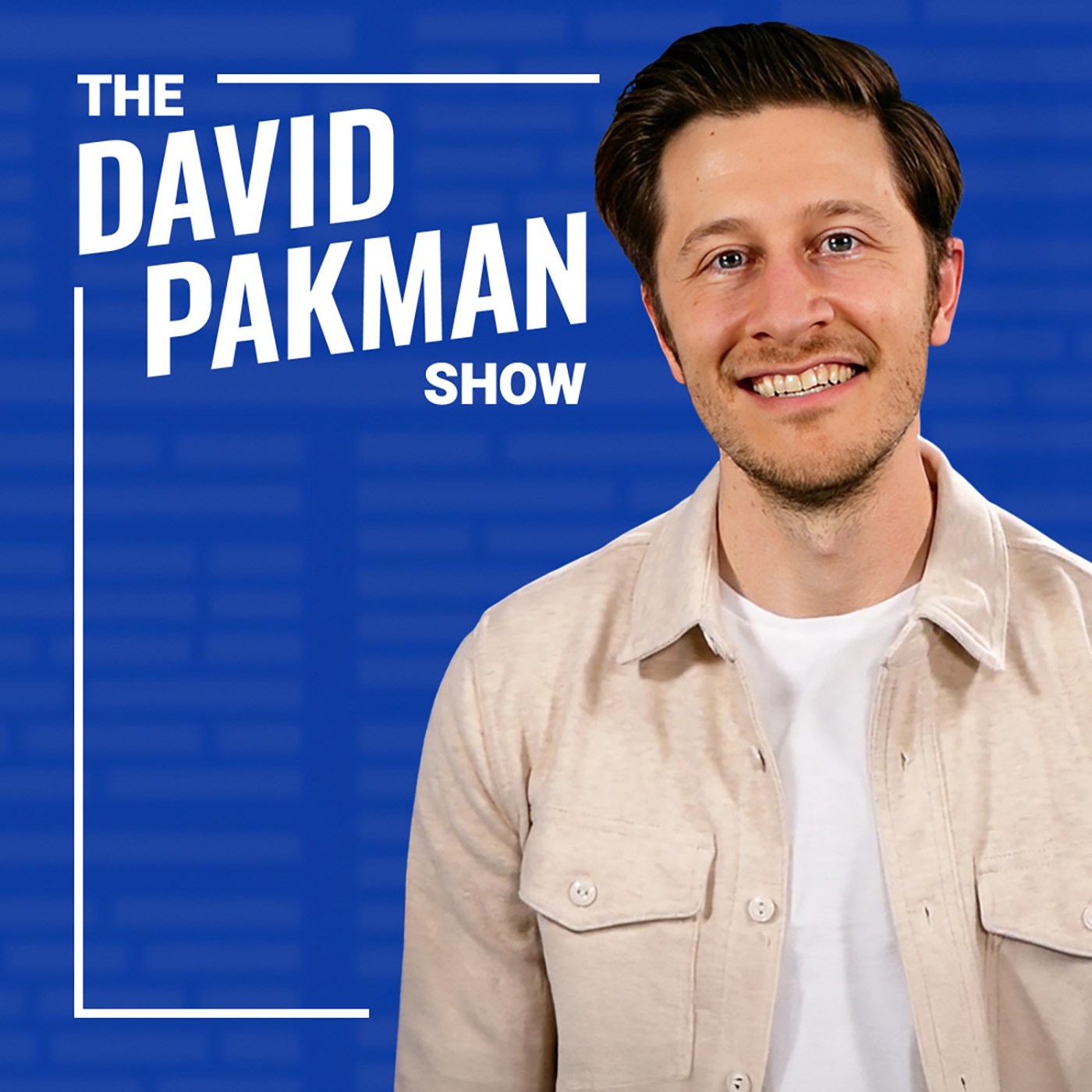
The David Pakman Show
David PakmanGet A Grip with Kendall Reusing
Kendall Reusing
Ultimately with R.C. Sproul
Ligonier Ministries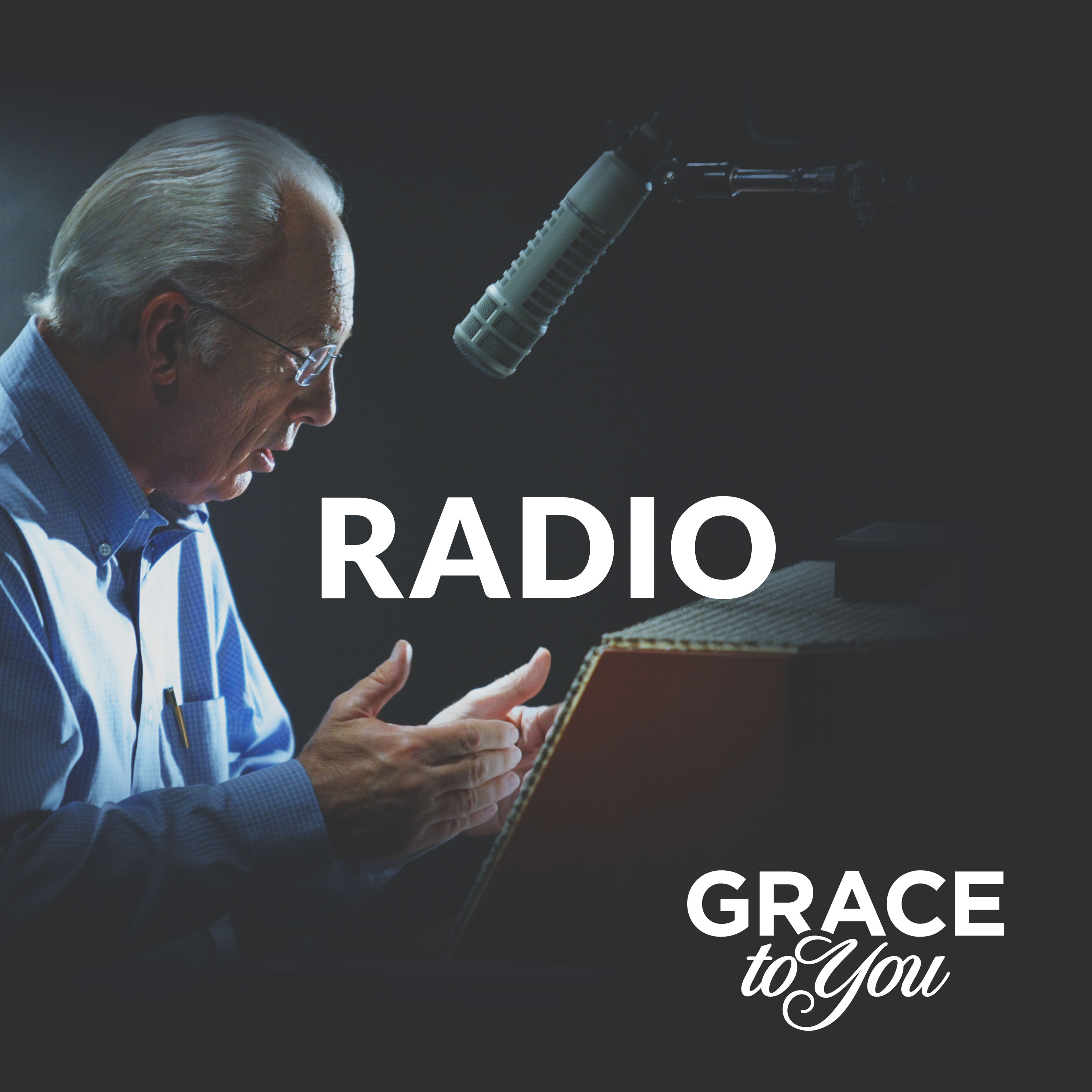
Grace to You: Radio Podcast
John MacArthur
The Briefing with Albert Mohler
R. Albert Mohler, Jr.
StarTalk Radio
Neil deGrasse Tyson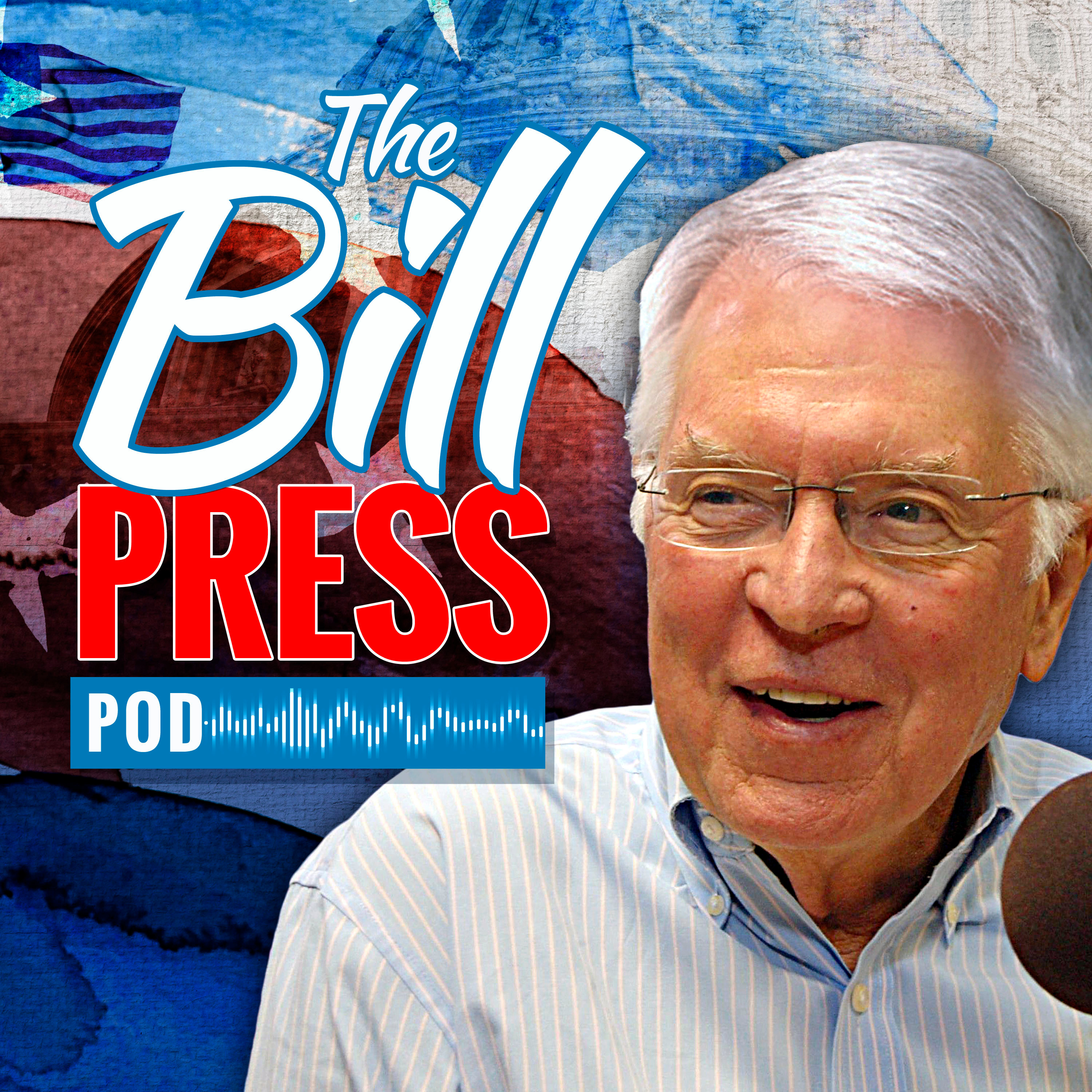
The Bill Press Pod
BP Pods
Ask Pastor John
Desiring God
The Weekly Show with Jon Stewart
Comedy Central
Ask Ligonier
Ligonier Ministries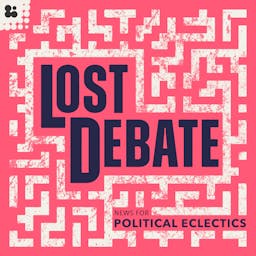
Lost Debate
The Branch
Coffee-Time-Again
Dale Hutchinson
5 Minutes in Church History with Stephen Nichols
Ligonier Ministries
The Ezra Klein Show
New York Times Opinion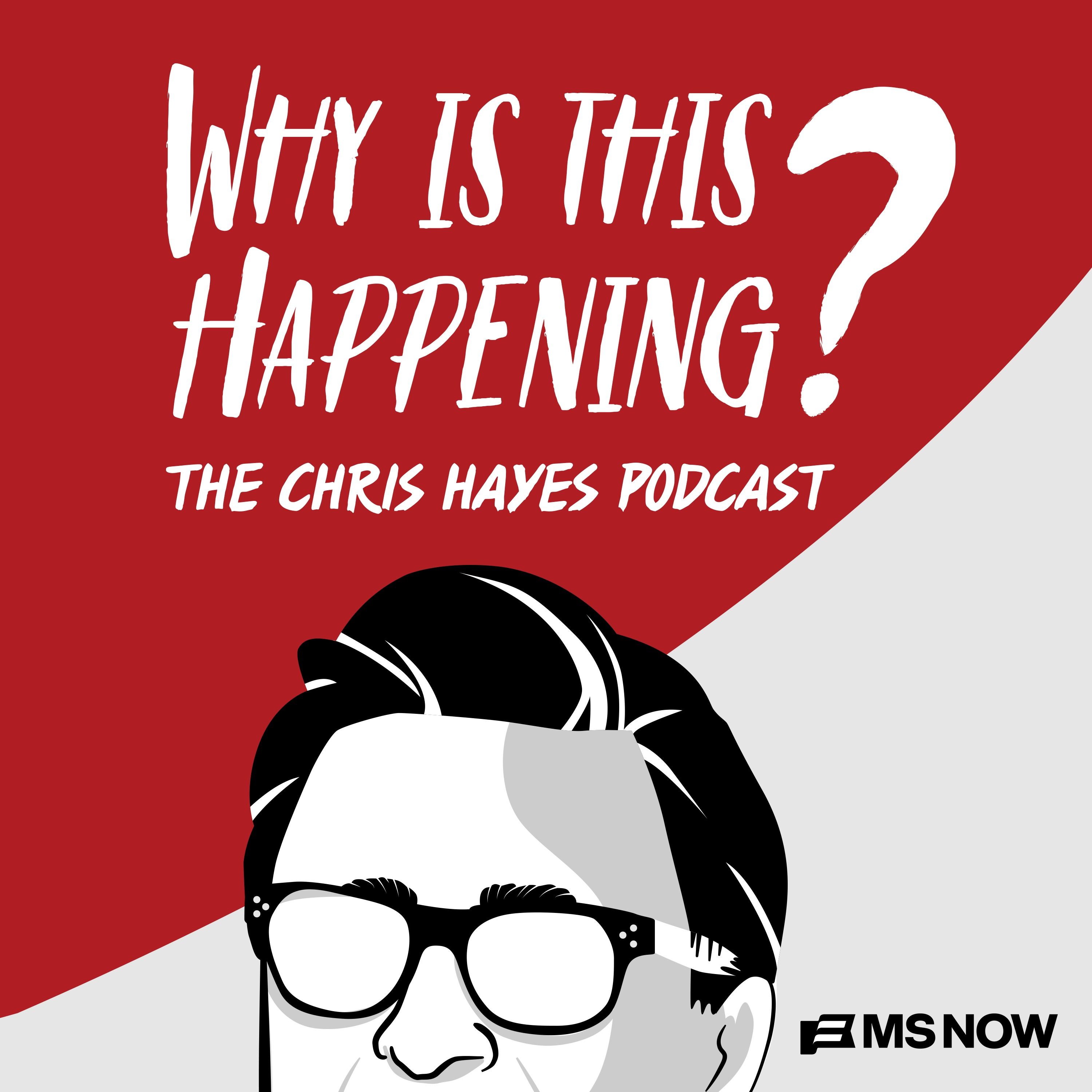
Why Is This Happening? The Chris Hayes Podcast
MS NOW, Chris Hayes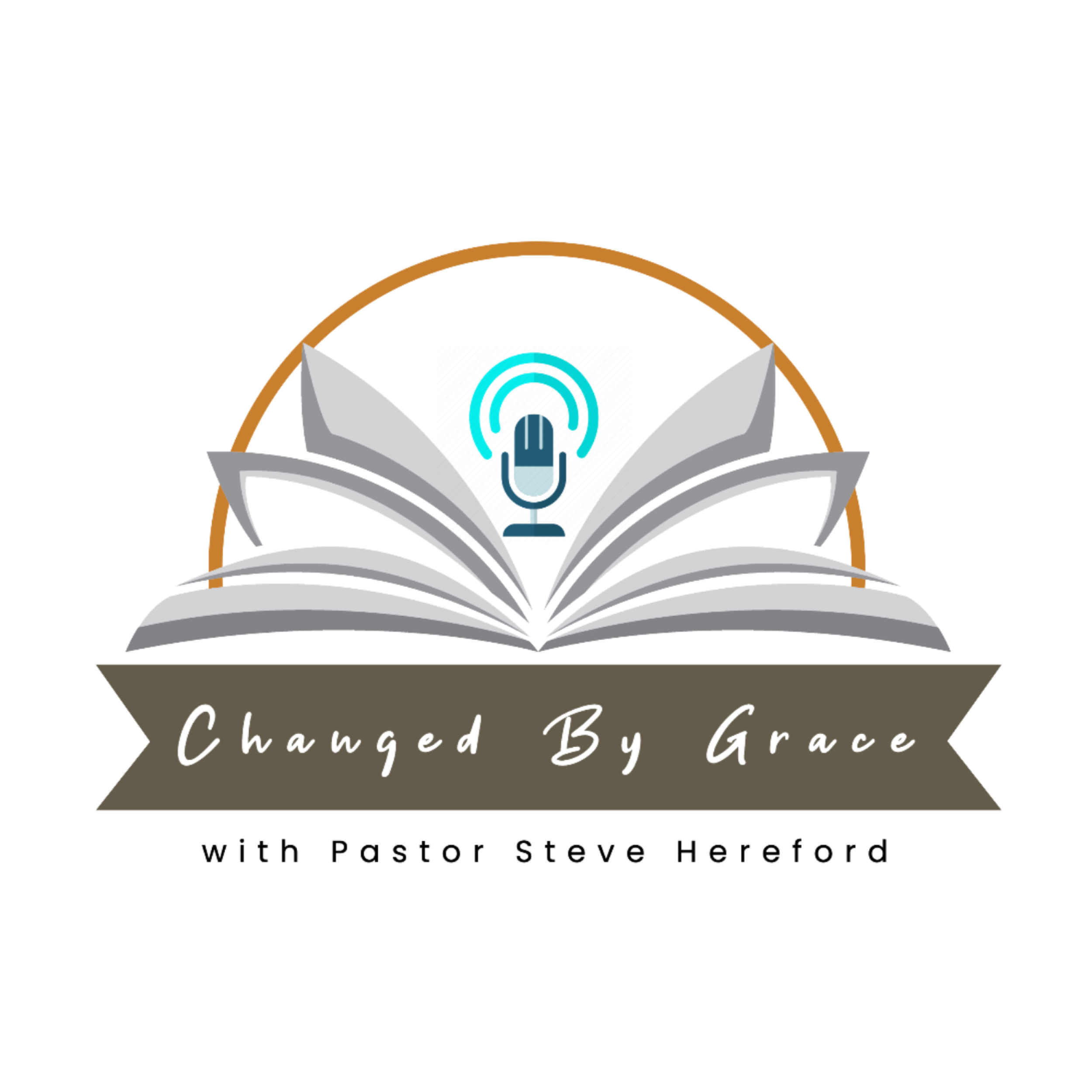
Changed By Grace
PodPoint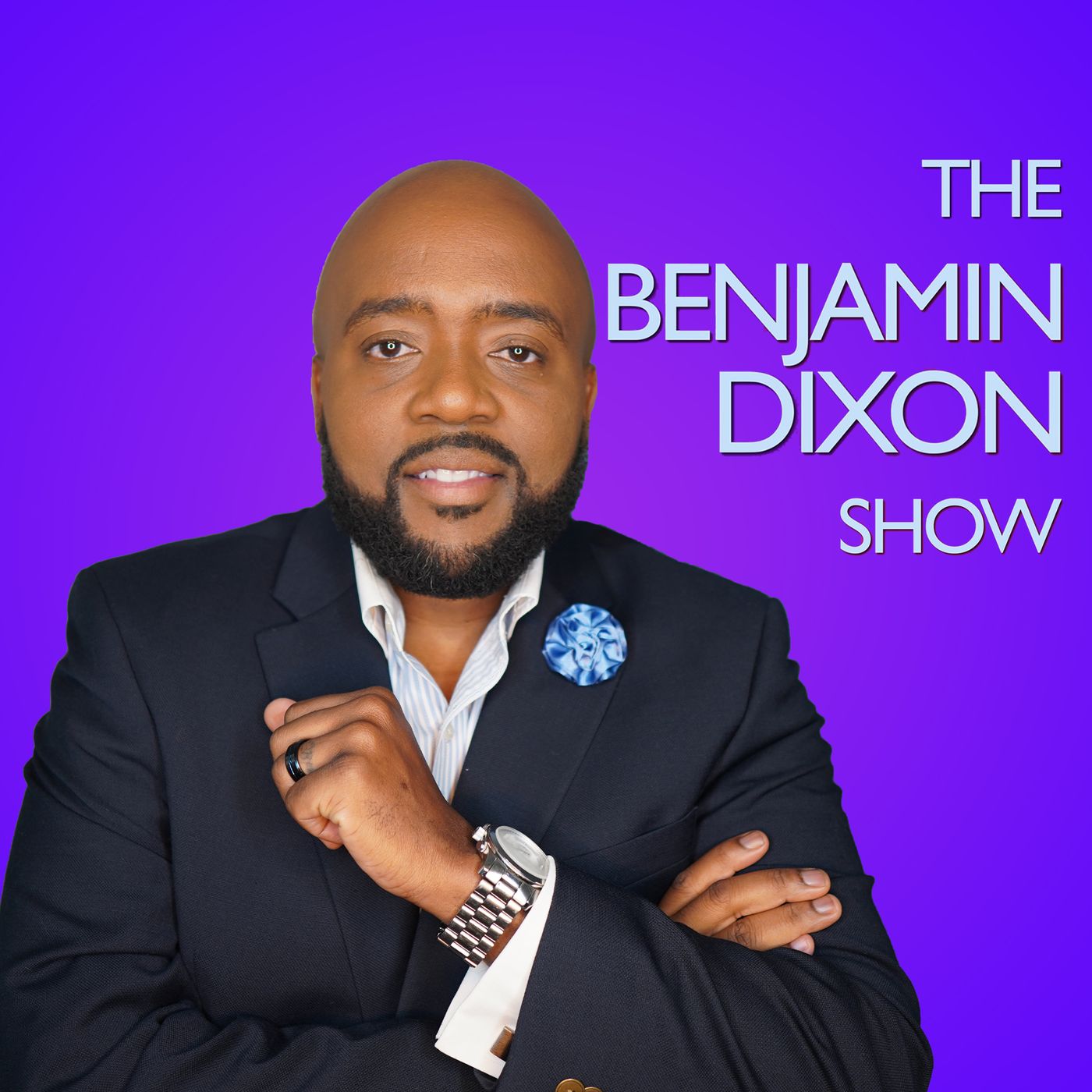
The Benjamin Dixon Show
The Benjamin Dixon Show
Thinking in Public with Albert Mohler
R. Albert Mohler, Jr.
Who Killed JFK?
iHeartPodcastsThe MacArthur Center Podcast
The Master's Seminary
Jean Jacques Machado : No Gi Required
Jay Zeballos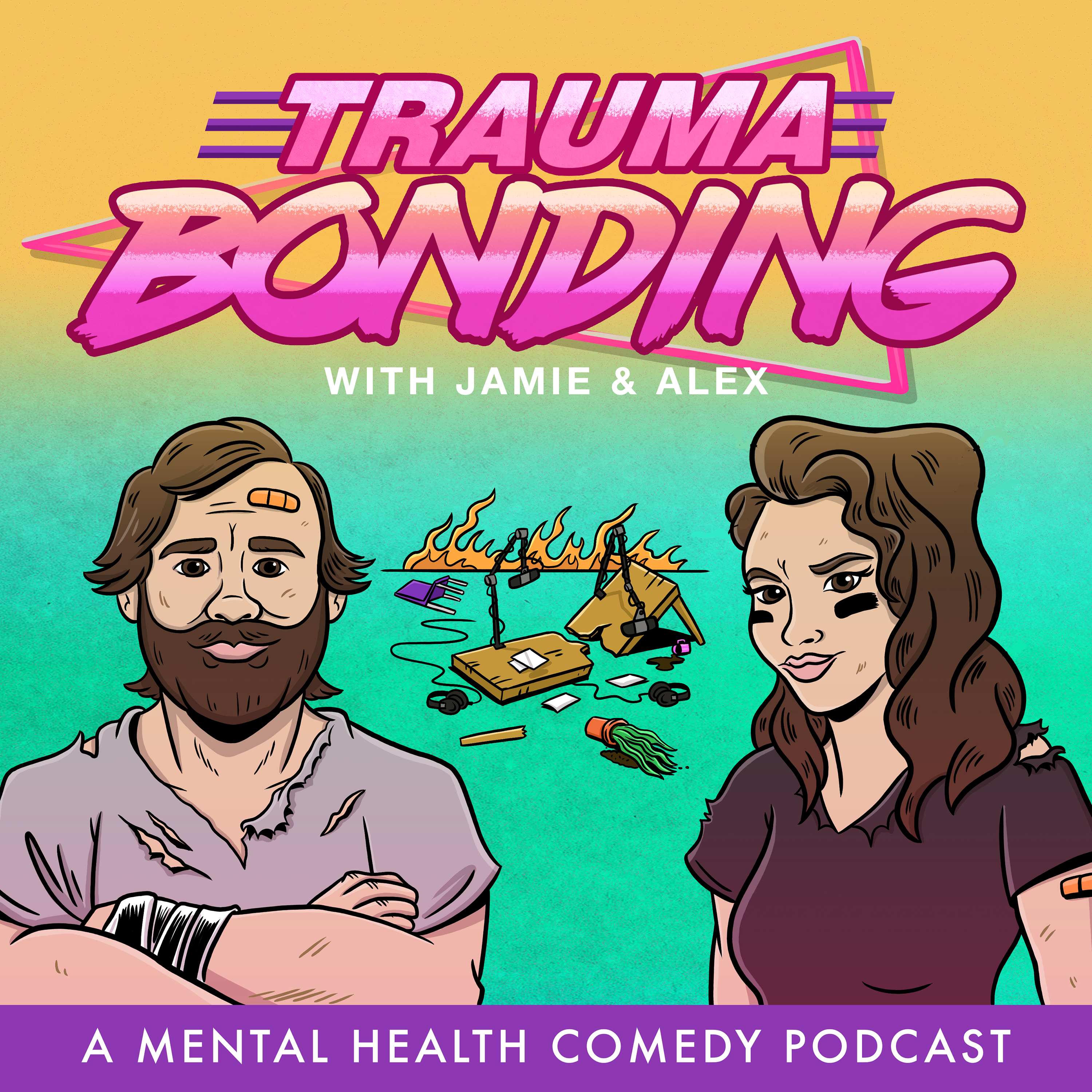
Trauma Bonding
Jamie Kilstein
This Day in History
The HISTORY Channel
The Ben Shapiro Show
The Daily Wire
The Sean Hannity Show
Sean Hannity
Breaking Points with Krystal and Saagar
iHeartPodcasts
The Kyle Kulinski Show
Kyle Kulinski